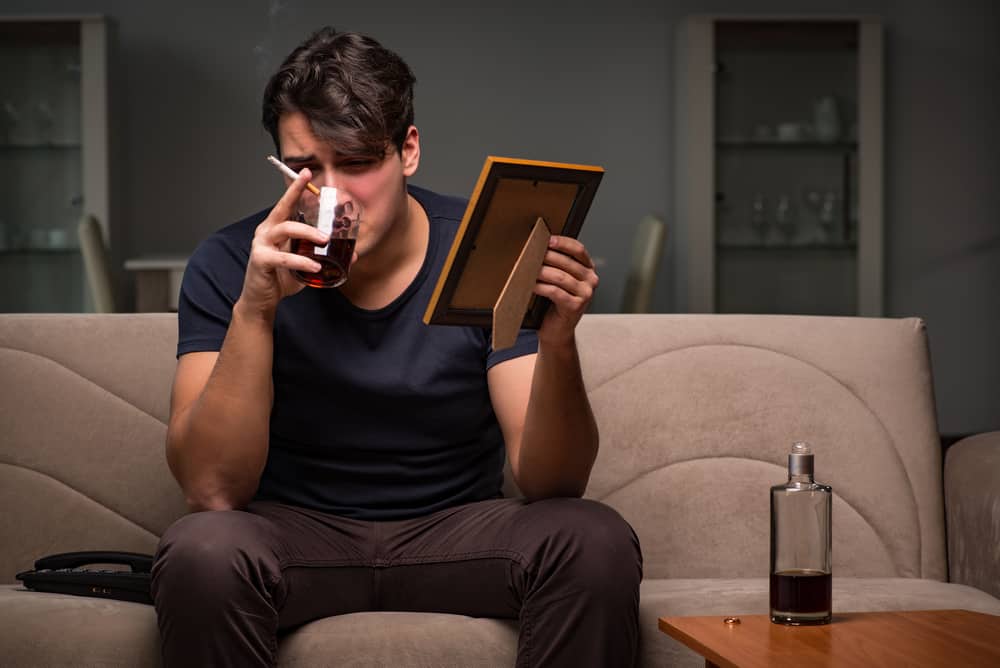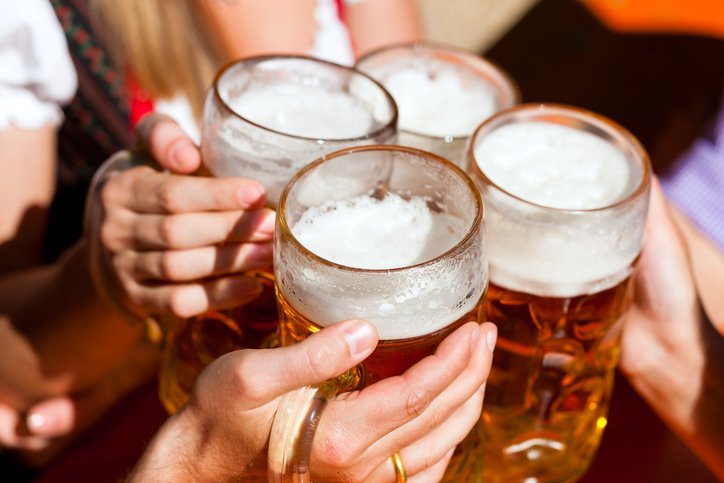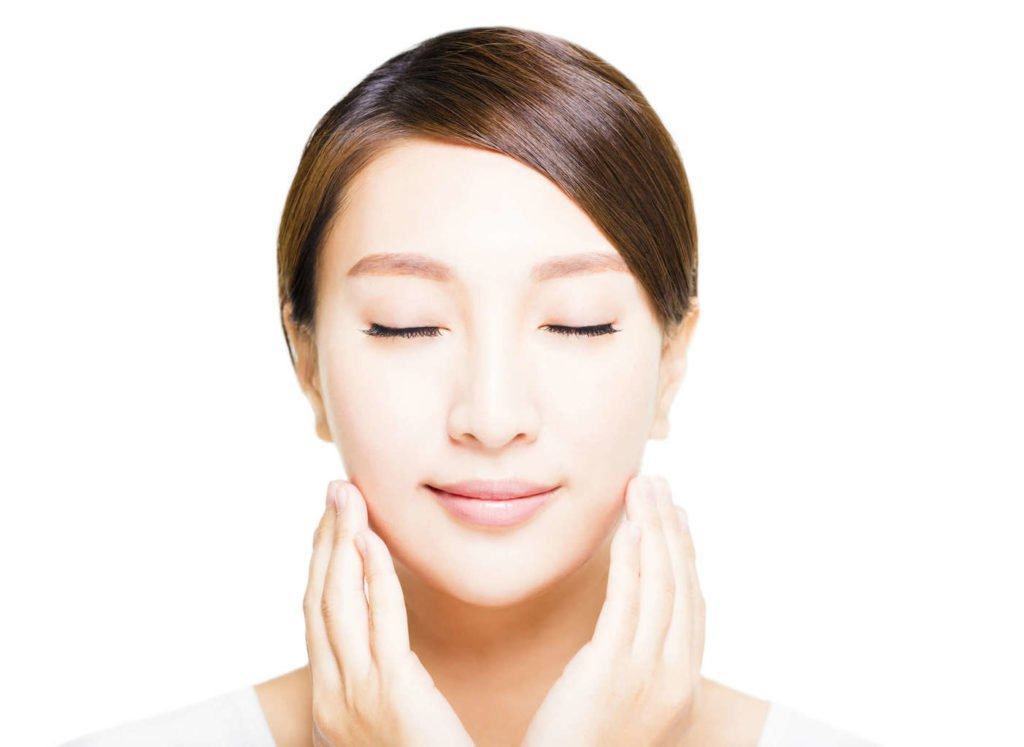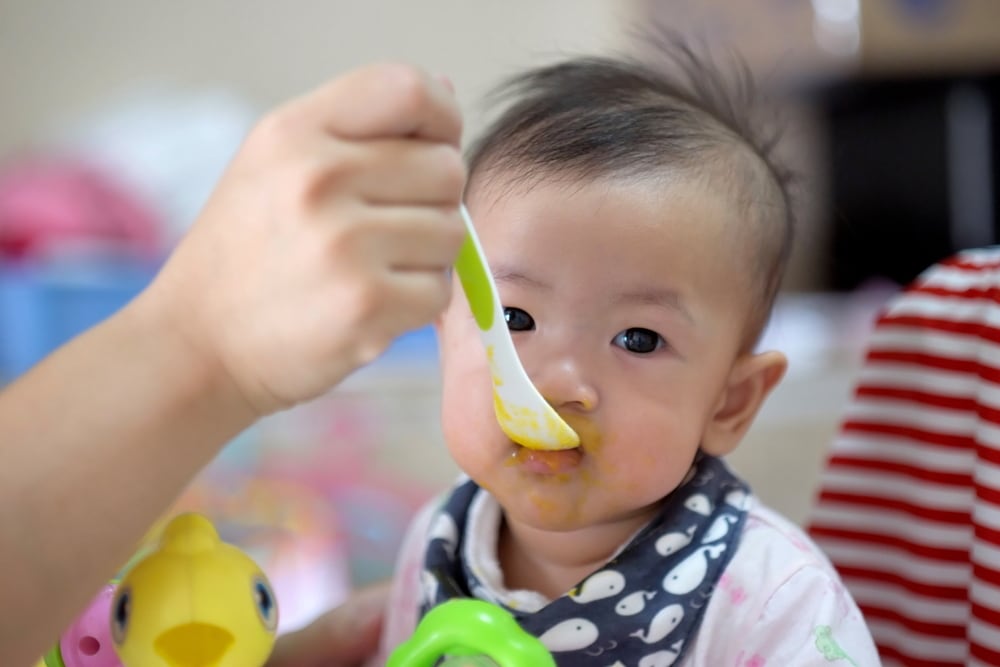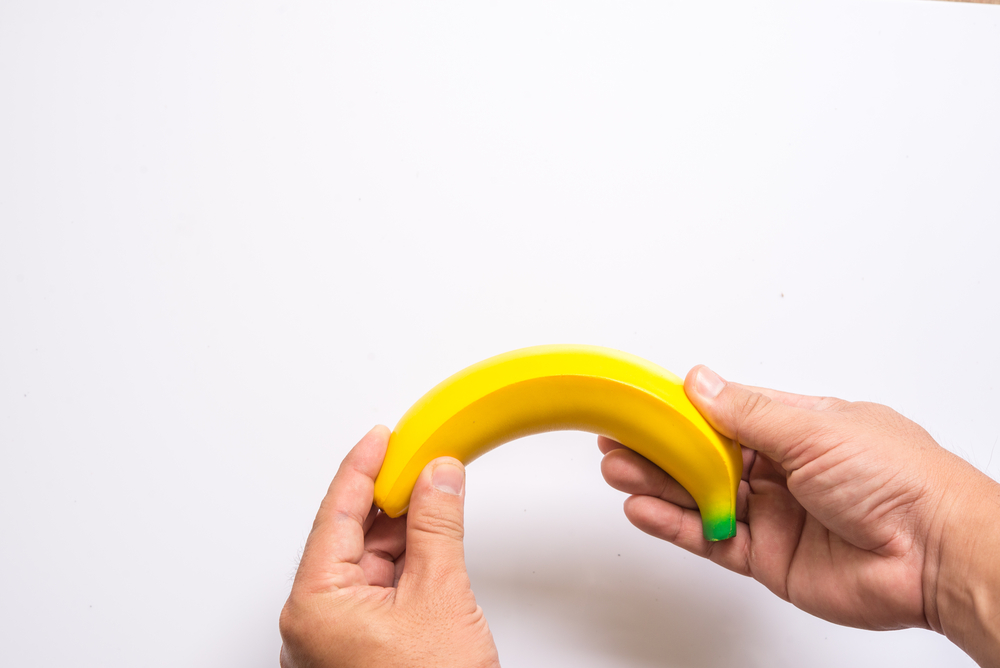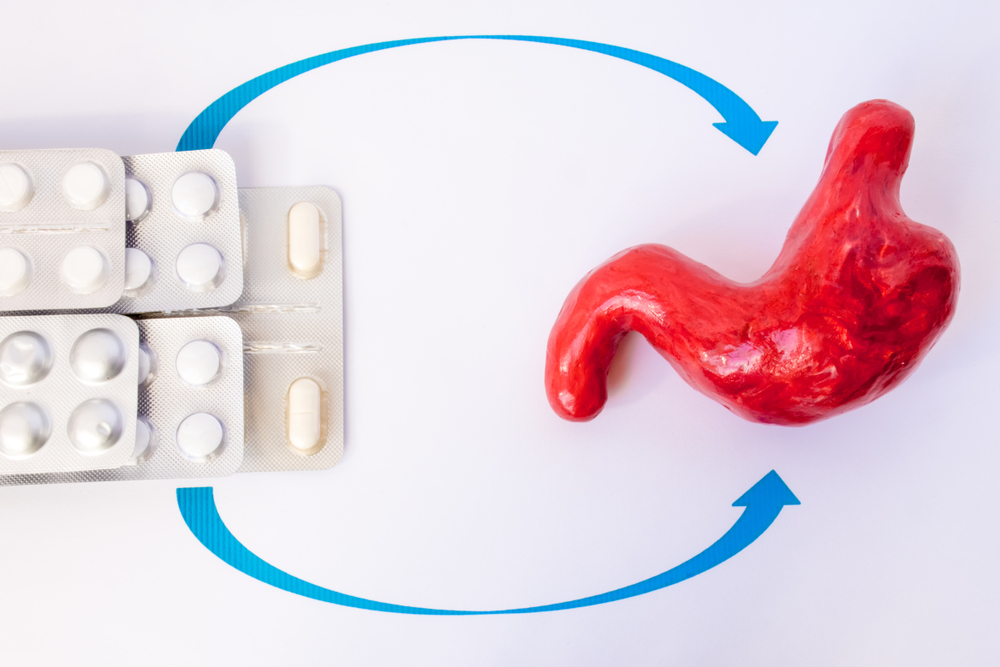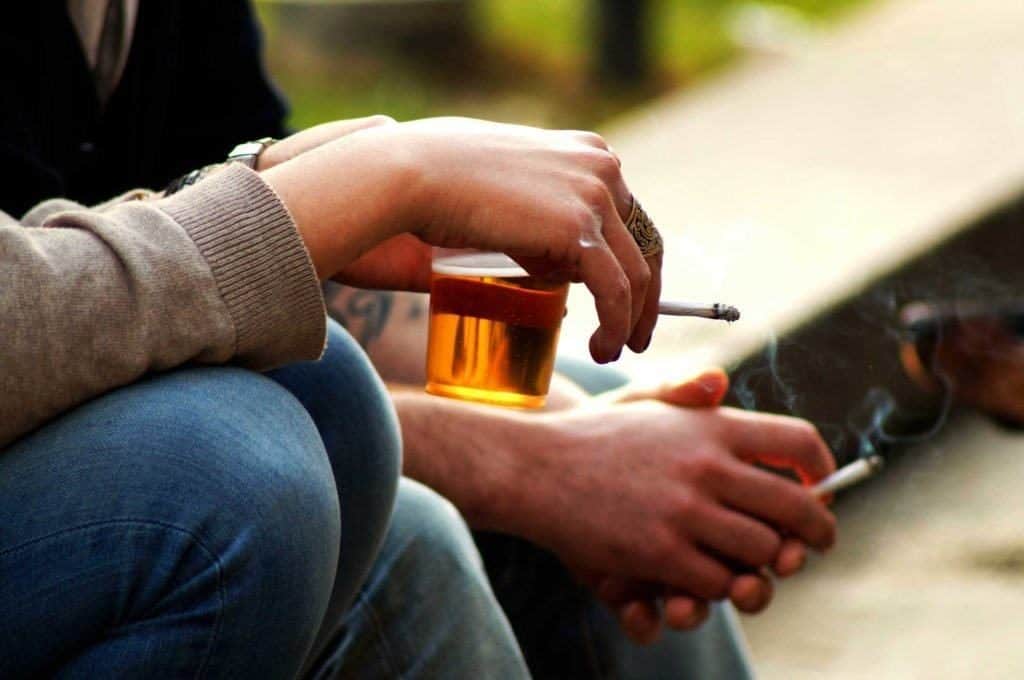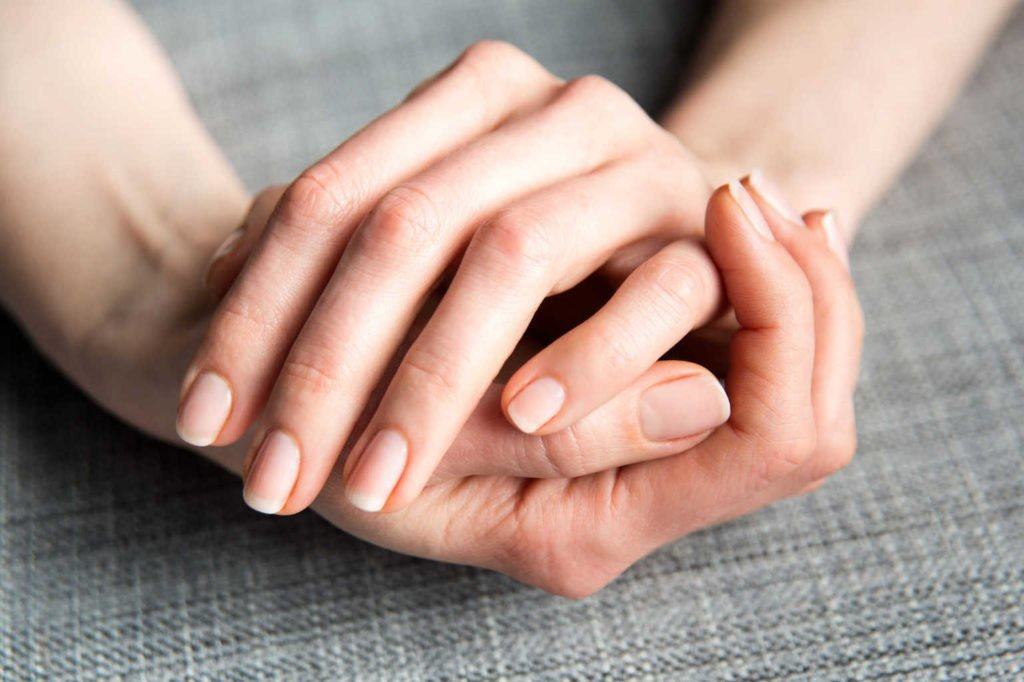Contents:
- Medical Video: What If You Drank Too Much Water? A Woman Did Just That - See What Happened To Her
- Alcohol can cause addiction
- People who are addicted to alcohol are prone to suicide
Medical Video: What If You Drank Too Much Water? A Woman Did Just That - See What Happened To Her
The act of suicide is generally triggered by a sense of prejudice and extraordinary despair that makes a person unable to see another way out of the problem. This desire to end life can be rooted in crippling emotional trauma, such as bullying. Although it can also come from mental disorders that are owned and not cured. Every suicide is a unique case, and no one will really know what is the main reason behind it, even experts. However, drinking alcohol without realizing it can also encourage desire to commit suicide.
Alcohol can cause addiction
Liquor can cause addiction if it continues to be consumed in excess in the long run. Addiction itself is actually a complicated process. However, one thing that can cause addiction is a disruption in the production of the hormone dopamine. Dopamine is a happy hormone that is released by the brain in large amounts when you find or experience something that makes you happy and satisfied, in this case drinking alcohol.
In the brain, alcohol inhibits the work of the hypothalamus, the part of the brain responsible for regulating the emotions and mood of the owner of the body. Alcoholic intoxication makes you feel very happy, excited, confident, to 'high'. This is a result of the amount of dopamine released by the brain beyond tolerance.
This happy effect will automatically make the body crave, so that it requires the consumption of repetitive liquor and in more portions so that these needs can be satisfied. If this alcohol cravings are not fulfilled, he will experience symptoms of alcoholism. Starting from headaches, palpitations, chills, hallucinations, to seizures. Alcohol withdrawal symptoms can get worse if he does not consume alcohol within 24 to 48 hours after the last portion.
When this happens, alcoholism can cause a person to lose control in his actions. This loss of self control makes an addict tend to do various ways to be able to complete the desire for opium, not caring about the consequences and risks. As a result of this addiction, a person can drink glasses of liquor throughout the day (usually 4 to 5 drinks in 2 hours).
People who are addicted to alcohol are prone to suicide
A study from Cornell University Medical College in New York reported thatmore than fifty percent of the world's total suicides are related to alcoholism and illegal drugs. The risk of suicide attempts is even known to be 120 times higher for adults who are addicted to alcohol than adults who do not.
Alcohol is a depressant, which suppresses the central nervous system, causing symptoms of depression. Gradually, excessive drinking habits in the long term can damage brain function. In the end, this can really cause great anxiety and depression. These two mental disorders are the main triggers and are most often suicidal. If you drink too much, you tend to make bad decisions or act on impulses.
However, in most cases of depression it often comes first than drinking habits. Nearly a third of people who have had major depression then develop an alcohol dependence problem. In fact, a number of studies have reported that adolescents who have severe depression are twice as susceptible to starting drinking alcoholic drinks, than adolescents who do not suffer from depression.
If a person suffering from depression drinks alcohol, his symptoms of depression can worsen and tend to think of suicide. Moreover, the effects of alcohol make people act spontaneously and do not think long (impulsively), so that pre-existing suicidal thoughts may become more complicated and made real after being "helped" by the influence of liquor.
If you, a relative, or family member shows signs of depression or other symptoms of mental illness, or shows desire or behavior or wants to try to commit suicide, immediately call the police emergency hotline110 or the Suicide Prevention hotline(021)7256526/(021) 7257826/(021) 7221810.

